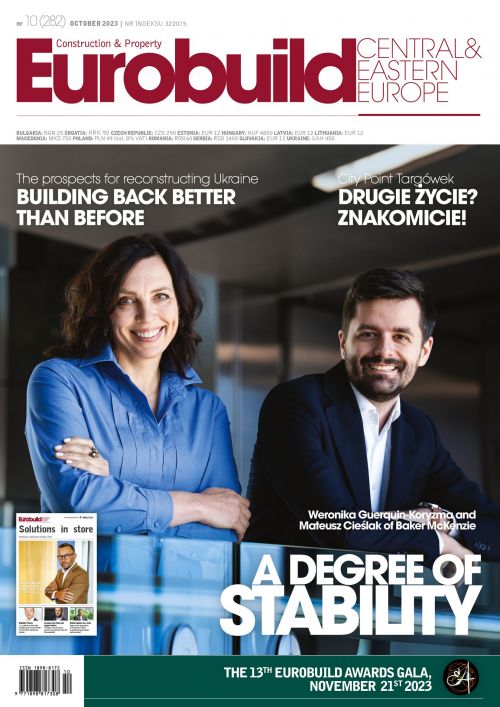What is the HR situation on the Polish real estate market currently like?
Marta Sybilska, the owner of Prime Hunters: Well, that depends on the sector, but probably the best and most general answer would be that it is dynamic – and that has been the case since the pandemic. At that time, all sectors in practice stopped hiring, which was quite painful for HR agencies. This was particularly clear in the warehousing sector, as it very much outsources these services. But after a few months, warehousing got the wind back in its sails again, as e-commerce rapidly took off and needed infrastructure.
From which sectors have you had the most enquiries in recent months?
Warehousing and PRS are active as well as renewable energy and, lately, retail again. Existing shopping centres that suffered during the pandemic are being modernised and enlarged, so there’s a lot of demand for construction workers (site managers and project managers, since my agency is involved with finding such peopl





























































